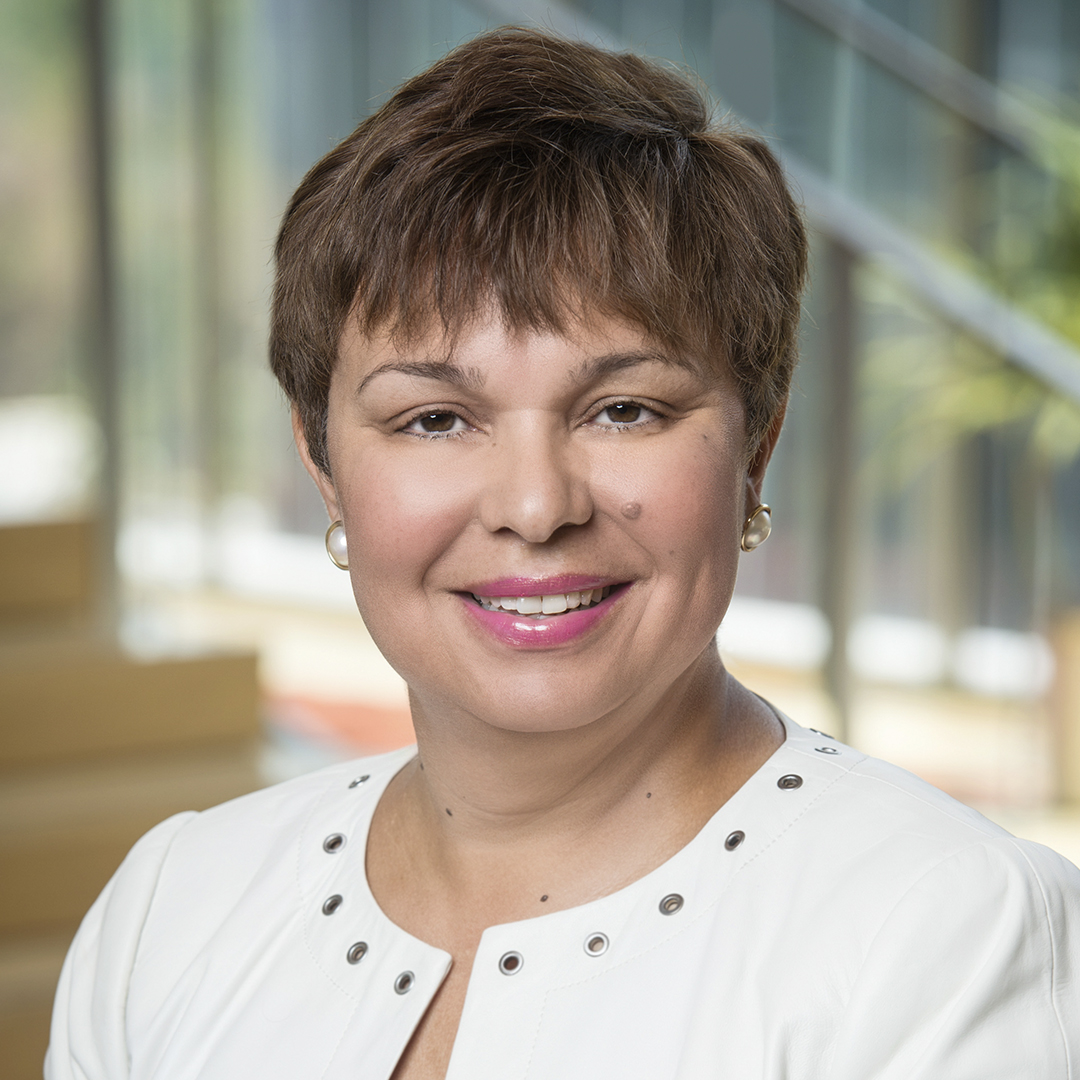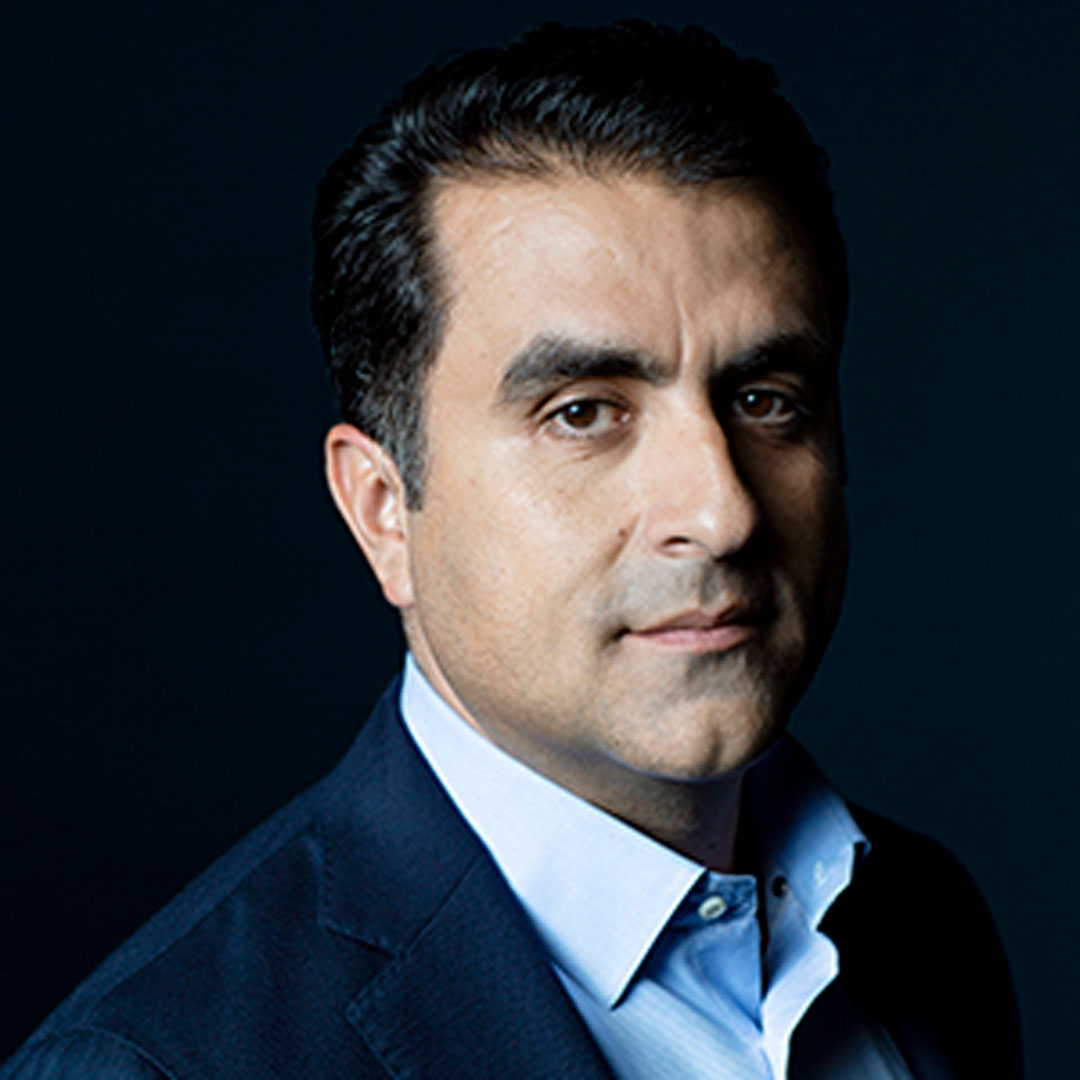|
Getting your Trinity Audio player ready...
|
A young kid appears on the side of my computer screen seeking attention. The mother, visibly agitated, asks if it is OK to step away. I say, “Yes, of course, take your time!” She returns to our videoconference shortly and apologizes. I smile and assure her there is no need to apologize.
That moment was just one of many I’ve had since the COVID-19 pandemic forced a massive global experiment in working from home. Those of us who are fortunate enough to remain employed and work remotely are now faced with the challenge of balancing work life and personal life in real-time. We need to view this through an equity lens.
As companies have relocated to the virtual world, distance bias has become increasingly prevalent. “Unparalleled circumstances,” “the new normal,” and “how to be resilient” have quickly become clichés and empty of true meaning, especially when it comes to the essential conversation on diversity, inclusion, equity, and belonging (DIEB) and what that looks like in today’s climate.
Distance bias has only recently become an issue, since remote work was not previously the norm in the workforce and businesses required high-level touch points and interaction—and that is how many managers and senior leaders preferred it. In-office work is a way to have a sense and pulse on what your employees are doing, on productivity levels, and on output. Despite technological advancements with platforms such as Zoom, Slack, and Microsoft Teams making it possible to work from anywhere, physical proximity lends itself to the perception that there is more control.
“The corporate equation can no longer maintain the patriarchal inclination that has disenfranchised women for so long.”
Distance bias is defined as the “tendency to favor people who are closer to us in time and space”—in essence, it means that people who are remote are viewed with an “out of sight, out of mind” mindset.
As noted in a 2018 Harvard Business Review article, these types of biases are rarely mentioned in the workplace. But their impact is real: it is one reason why it has become increasingly challenging for all of us to stay connected, and for managers to lead their teams remotely. Further, as the HBR authors explained, distance bias can lead managers to assign lesser value to employees’ performance.
Unfortunately, distance bias disproportionately affects women and women of color, who most often balance the demands of working from home with those related to caring for loved ones (demands that are further exacerbated in multigenerational households). Employees can no long check their personal commitments at the door, and distance bias can and does hinder those individuals’ professional growth.
As companies begin to focus on their re-entry strategies, they must remember that remote work and virtual collaboration are here to stay. Companies will need to understand the underlying effects of distance bias; rich conversations and periodic mental check-ins will be required to effectively lead and manage virtual teams while ensuring that employees are engaged. The corporate equation can no longer maintain the patriarchal inclination that has disenfranchised women for so long.
But there may be a silver lining. We are adapting, becoming flexible, and acting compassionately while not only bringing our whole selves to work but also bringing colleagues into our homes. The current “unparalleled circumstances” have required us to rethink our lives and reshape our understanding of the breadth of roles held by the people who are our colleagues and employees. In the virtual workplace, it is more critical than ever to foster a shared sense of purpose and to promote an environment of inclusion, equity, and belonging.
Get ready for this new world. Be sure to check your distance bias at your next virtual meeting. Commit to acknowledging and accepting that once the current crisis is past, employees and colleagues will continue to deserve and require the work/life balance they have worked so hard to achieve.
 Jennifer Vasquez is a multifaceted, bilingual executive supporting DEI strategies in STEM. She has more than thirteen years of hands-on experience in strategic planning, business development, diversity and inclusion initiatives, change management, organizational agility, partnership development, revenue generation, project management, integrated marketing communications strategy, digital campaigns, and corporate social responsibility.
Jennifer Vasquez is a multifaceted, bilingual executive supporting DEI strategies in STEM. She has more than thirteen years of hands-on experience in strategic planning, business development, diversity and inclusion initiatives, change management, organizational agility, partnership development, revenue generation, project management, integrated marketing communications strategy, digital campaigns, and corporate social responsibility.
Vasquez holds dual bachelors and dual masters degrees in International Development and Latin American and Caribbean studies, and has been appointed to various commissions by the mayors of Miami, Washington, DC, and Los Angeles.

